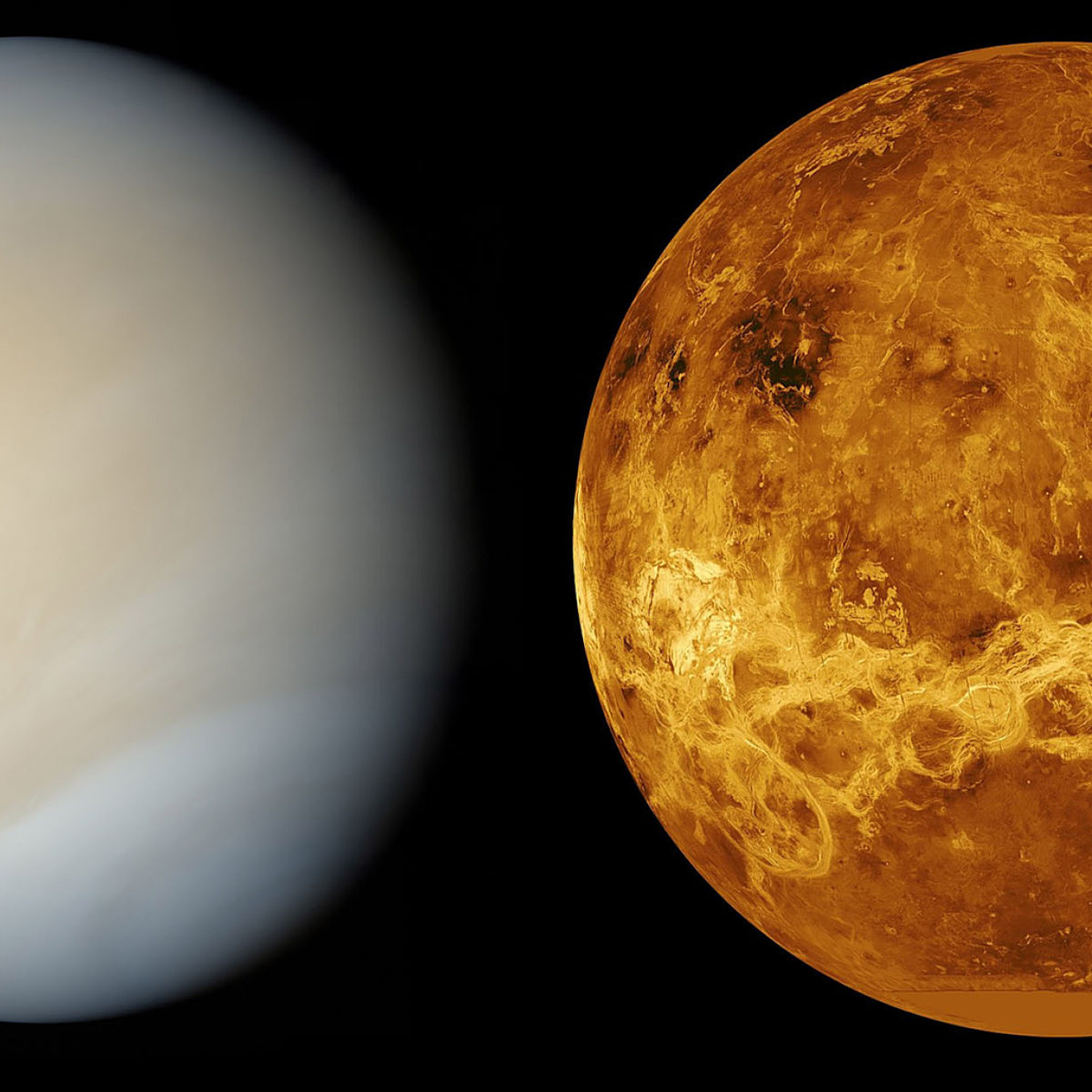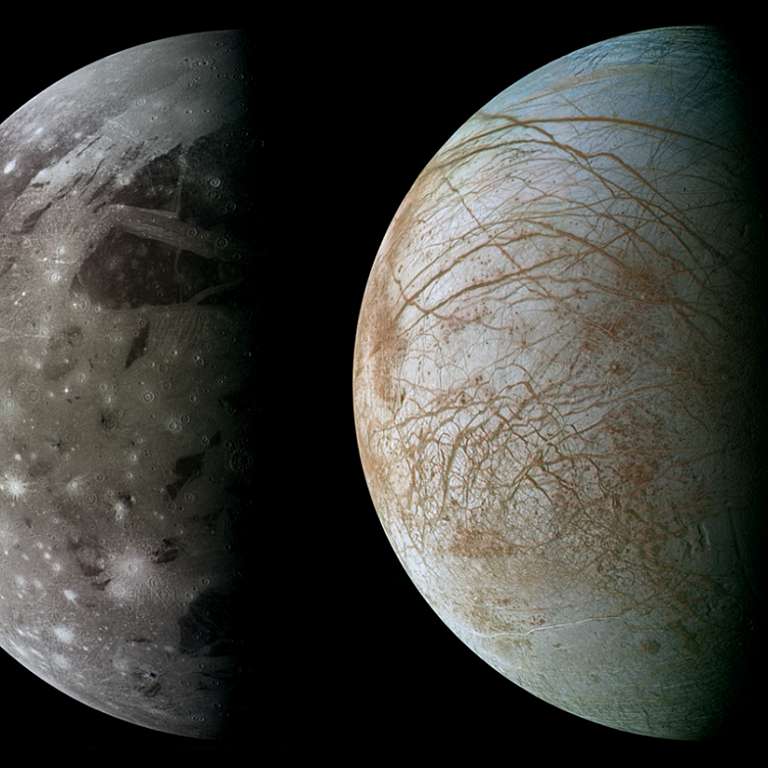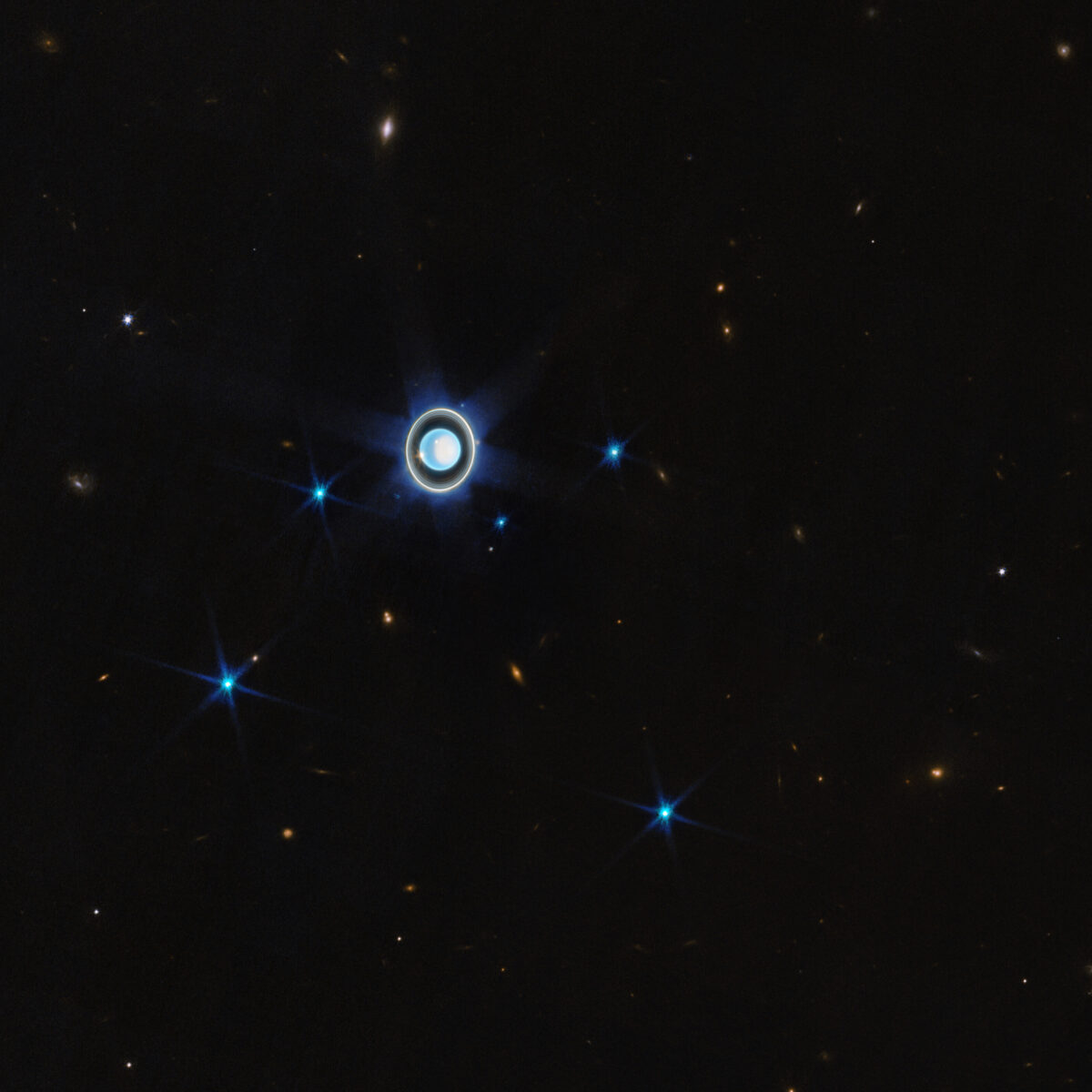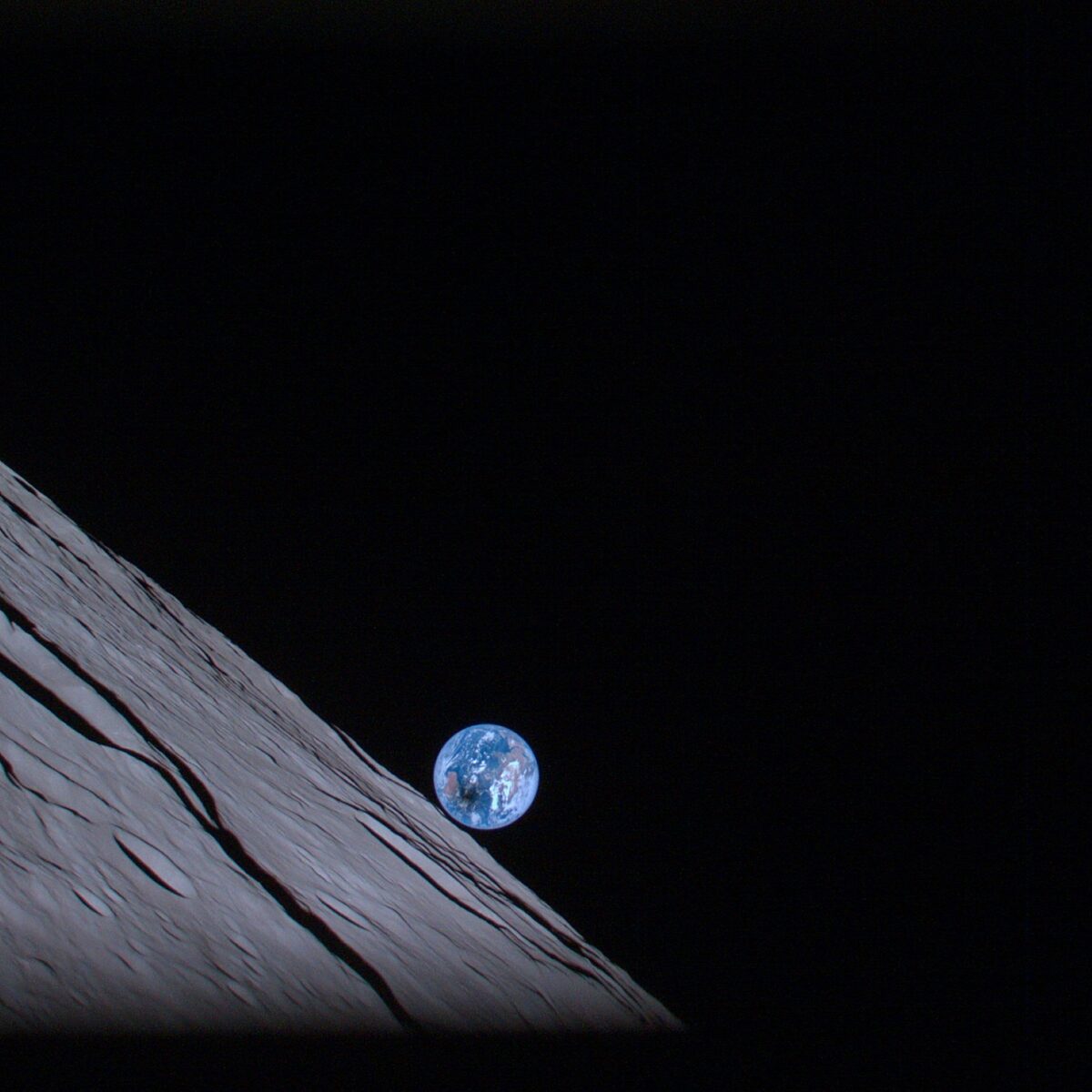All
All
Stories, updates, insights, and original analysis from The Planetary Society.
Destination: Moon
Getting to the Moon — or any moon — isn’t easy, but it’s worth it. That’s why we speak up in support of the hard work that it’ll take to get there.
Sharing an eclipse with kids
Here's a simple and safe way to observe solar eclipses that's appropriate for young children, with no eclipse glasses or other special equipment needed.
Visions of Venus
See our neighboring planet in radar and in artwork, and catch up on the week’s space news.
Happy Perihelion!
There’s lots to celebrate this week, from the New Year to perihelion and everything we’ve accomplished together during the last orbit.
How do we see the surface of Venus from space?
Although Venus is shrouded in a thick atmosphere, several spacecraft have been able to image its surface from space. Future missions will expand and refine the maps we already have.
What are Jupiter’s Galilean moons?
An introduction to Jupiter's moons Io, Europa, Ganymede, and Callisto.
Laser pointer + cat = science
Learn why NASA got a cat to chase a laser pointer, see the Uranus system like never before, and catch up on this week’s space news.
China's plans for outer Solar System exploration
A Callisto impactor, a Uranus flyby, and a dedicated ice giant orbiter could be on China’s planetary exploration horizon.
How did Earth get its water?
Earth's water may have been on our planet since its formation, or could have been brought here by impactors early in our planet's history. Here's a look at the leading theories about where Earth's water came from.
Alien clouds and those that peer through them
From mythology to technology, clouds can’t keep us from seeing what lies beneath.
Your impact: December solstice 2023
Space advocacy ramps up in Washington.
Looking for long waves
Why JWST observes in the infrared.
The year in pictures: 2023
Looking back at 2023 through the eyes of spacecraft.
Getting around in space
Planets move around a star, spacecraft make their way across planets and through space, and Planetary Society members advance our mission.
Picks, pics, and peaks
Your picks for the Best of 2023, our favorite space pics, a mind-boggling peak speed, and more.
The best of 2023
The results are in for the Best of 2023! People around the world voted, and here are the winning space images, missions, exploration milestones, and more.
Gifts from above
Space exploration bestows us with many gifts, from scientific insights and beautiful images to technological marvels and inspiring achievements. Now it’s your turn to bestow some cosmic gifts.
Perfect gifts for space lovers, by space lovers
Planetary Society members helped us create our space gift recommendations for this year.
How NASA plans to deorbit the International Space Station
The aging complex will be replaced by commercially operated space stations, and deorbited as soon as 2030.
LightSail 2’s legacy lives on
On the one-year anniversary of LightSail 2’s end of flight, we look back at the mission that united so many.


 Explore Worlds
Explore Worlds Find Life
Find Life Defend Earth
Defend Earth


 Sun
Sun Mercury
Mercury Venus
Venus Earth
Earth Mars
Mars Jupiter
Jupiter Saturn
Saturn Uranus
Uranus Neptune
Neptune Small Bodies
Small Bodies


















